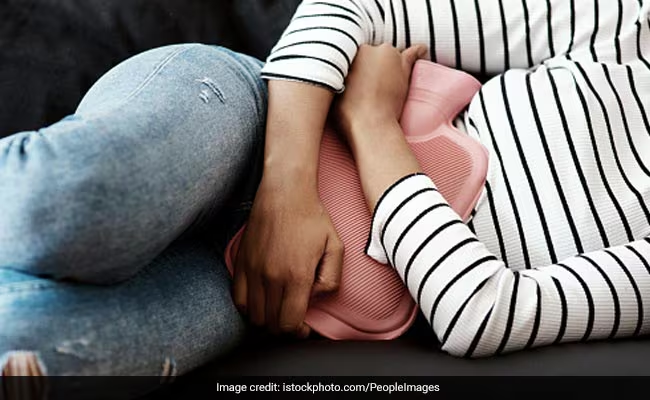
Endometriosis is a medical condition where the tissue lining the uterus (endometrium) grows outside of the uterus. This condition commonly affects the pelvic area, ovaries, Fallopian tubes, and the tissue lining the pelvis. Below we discuss some common causes, signs, treatments and prevention tips for endometriosis.
Causes
1. Retrograde menstruation: This occurs when some of the menstrual blood containing endometrial cells flows backward through the Fallopian tubes into the pelvic cavity instead of leaving the body.
2. Transformation of peritoneal cells: Hormonal or immune factors may transform the peritoneal cells into endometrial-like cells.
3. Embryonic cell transformation: It is possible for embryonic cells to transform into endometrial-like tissue throughout puberty and beyond.
4. Surgical scar implantation: Endometrial cells may attach to surgical incision sites following a procedure such as a cesarean section or hysterectomy.
Signs
- Chronic pelvic pain, often associated with menstruation
- Painful periods (dysmenorrhea)
- Pain during or after sexual intercourse (dyspareunia)
- Painful bowel movements or urination
- Excessive bleeding during or between periods
- Infertility or difficulty getting pregnant
- Fatigue, bloating, or gastrointestinal issues
Treatment options
1. Pain medications: Over-the-counter pain relievers like ibuprofen can help manage the pain temporarily.
2. Hormonal therapy: Hormonal medications like birth control pills, progestin therapy, or gonadotropin-releasing hormone (GnRH) agonists/antagonists can help control endometriosis growth and symptoms.
3. Laparoscopic surgery: Minimally invasive surgery can be done to remove or destroy the endometrial implants and scar tissue.
4. Hysterectomy: In severe cases where other treatments fail, removal of the uterus and sometimes the ovaries may be recommended.
5. Complementary therapies: Some people find relief through acupuncture, dietary changes, exercise, or other alternative therapies. However, evidence for their effectiveness is limited.
Prevention tips
- Maintaining a healthy weight through regular exercise and a balanced diet can help reduce the risk.
- Consuming a diet rich in fruits, vegetables, whole grains, and lean proteins can help reduce inflammation in the body, which may lower the risk of endometriosis.
- Both alcohol and caffeine can disrupt hormonal balance and increase inflammation in the body. Limiting consumption of these substances may help reduce the risk of endometriosis.
- Sexually transmitted infections (STIs) have been associated with a higher risk of endometriosis. Practicing safe sex and using barrier methods, such as condoms, can help reduce the risk of STIs.
- Chronic stress can negatively impact the immune system and hormonal balance, potentially increasing the risk of endometriosis. Engaging in relaxation techniques such as meditation, deep breathing exercises, or yoga can help reduce stress levels.
- Some studies suggest that hormonal contraceptives, such as birth control pills or hormonal IUDs, may help reduce the risk of endometriosis. Discuss with your healthcare provider if hormonal contraception is an appropriate option for you.
- Regular physical activity has been shown to have numerous health benefits, including reducing inflammation and improving immune function. Aim for at least 30 minutes of exercise most days of the week.
- Smoking has been linked to an increased risk of endometriosis. Quitting smoking or avoiding exposure to secondhand smoke can help lower the risk.
- Endometriosis is often hereditary, so knowing if there is a family history of the condition can help you be more proactive in monitoring your own health and seeking early intervention if needed.
It is important to consult with a healthcare provider for a proper diagnosis and to discuss appropriate treatment options for endometriosis.
Disclaimer: This content including advice provides generic information only. It is in no way a substitute for a qualified medical opinion. Always consult a specialist or your own doctor for more information. NDTV does not claim responsibility for this information.
Track Latest News Live on NDTV.com and get news updates from India and around the world

